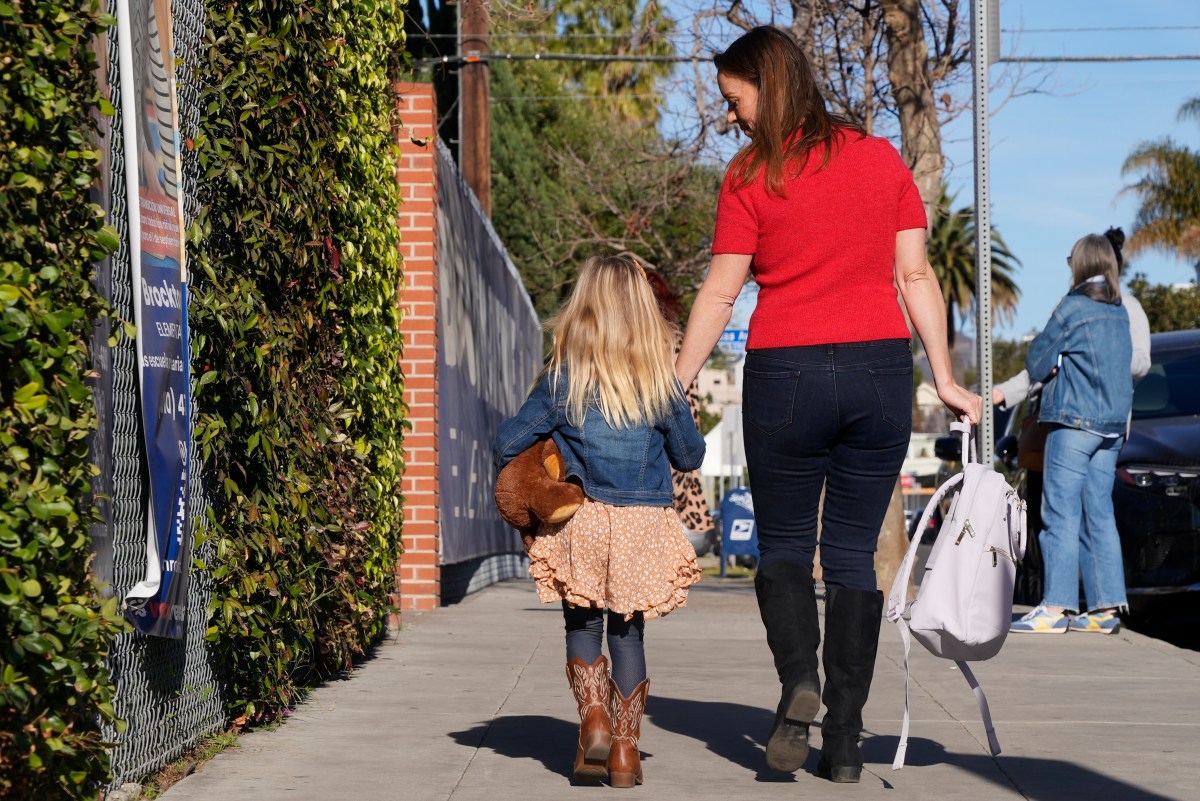Parents Warn: School Fires Leave Lasting Health Impacts on Children
In recent years, an increasing number of parents have stepped forward to express their concerns regarding the lasting health impacts of school fires on children. As alarming reports surface, it becomes imperative to understand the consequences of these traumatic events on young minds and bodies. The urgency of this matter cannot be overstated, as it calls for immediate attention to safety measures and support systems within educational environments.
The Rising Trend of School Fires
School fires, while not a daily occurrence, have become more frequent than many parents would like to believe. According to the National Fire Protection Association (NFPA), there are approximately 5,000 reported fires in schools annually in the United States alone. These incidents can range from minor blazes to significant fires that lead to extensive property damage and, more alarmingly, threaten the health and safety of students.
Parents are particularly worried about the potential long-term effects on children who experience such traumatic events. Fire incidents can lead to physical injuries, but the psychological impacts can be even more profound. Children may suffer from anxiety, depression, or post-traumatic stress disorder (PTSD), all of which can significantly affect their educational experience and overall well-being.
Health Impacts of School Fires
The aftermath of a school fire extends far beyond the immediate physical danger. Here are some of the key health impacts parents are warning about:
- Respiratory Issues: Exposure to smoke and toxic fumes can lead to chronic respiratory problems. Children’s lungs are still developing, making them more susceptible to damage from inhaled pollutants.
- Emotional and Psychological Effects: Experiencing a fire can lead to anxiety, nightmares, and a heightened sense of fear related to fire or school environments. Many children may struggle to return to a sense of normalcy after such an event.
- Learning Difficulties: The stress and trauma associated with a fire can impact a child’s ability to focus and learn. This can lead to declining academic performance and increased absenteeism.
- Social Withdrawal: Children may become isolated after experiencing a traumatic event, losing interest in socializing with peers, which can lead to loneliness and further mental health challenges.
Voices of Concern: Parents Speak Out
In light of these potential health impacts, many parents have taken to forums, social media, and community meetings to voice their concerns. One mother, Jane Smith, whose child experienced a school fire, shared her story: “After the fire, my son had nightmares and refused to go back to school. I never realized how deeply it affected him until he started having panic attacks whenever he smelled smoke.”
Such testimonies echo a growing sentiment among parents that schools must do more to support children in the aftermath of fire incidents. They are calling for comprehensive mental health resources, including counseling and trauma-informed care, to help children cope with the psychological fallout of these events.
Need for Improved Safety Measures
Parents are not only voicing their concerns about health impacts but are also advocating for enhanced safety measures within schools. The following strategies have been proposed:
- Regular Fire Drills: Conducting fire drills regularly can prepare children for emergencies, helping to reduce panic during actual events.
- Enhanced Fire Safety Education: Incorporating fire safety education into the curriculum can help children understand how to respond in case of a fire, empowering them with knowledge.
- Improved Infrastructure: Schools should invest in fire-resistant materials, proper alarms, and sprinkler systems to minimize the risk of fires and enhance safety.
- Emergency Response Plans: Schools must have clear and efficient emergency response plans in place, ensuring that all staff and students know what to do in case of a fire.
Community Support and Resources
In addition to safety measures, community support plays a crucial role in helping children recover from the effects of school fires. Parents are encouraged to seek out local resources, such as mental health professionals who specialize in trauma and childhood development. Schools can also partner with local mental health organizations to provide workshops and counseling services for affected students.
Furthermore, parents should maintain open lines of communication with their children to help them express their feelings and fears. Conversations about the incident, feelings of safety, and coping strategies can greatly assist children in processing their experiences.
A Call to Action
The voices of concerned parents highlight the urgent need for action regarding the health impacts of school fires on children. As these incidents continue to occur, it is vital for school administrators, policymakers, and community leaders to prioritize safety and mental health support in educational settings.
By investing in comprehensive fire safety measures, improving infrastructure, and providing mental health resources, we can create a safer and more supportive environment for our children. The goal must be to ensure that they not only survive such traumatic events but thrive in the aftermath.
Conclusion
As parents continue to warn about the lasting health impacts of school fires on children, it becomes clear that we must listen and act. The health and well-being of our children should always come first. With proactive measures, community support, and an emphasis on mental health, we can help mitigate the risks associated with these dangerous incidents. Together, we can foster an environment where children feel safe, secure, and supported in their educational journeys.
See more WebMD Network



